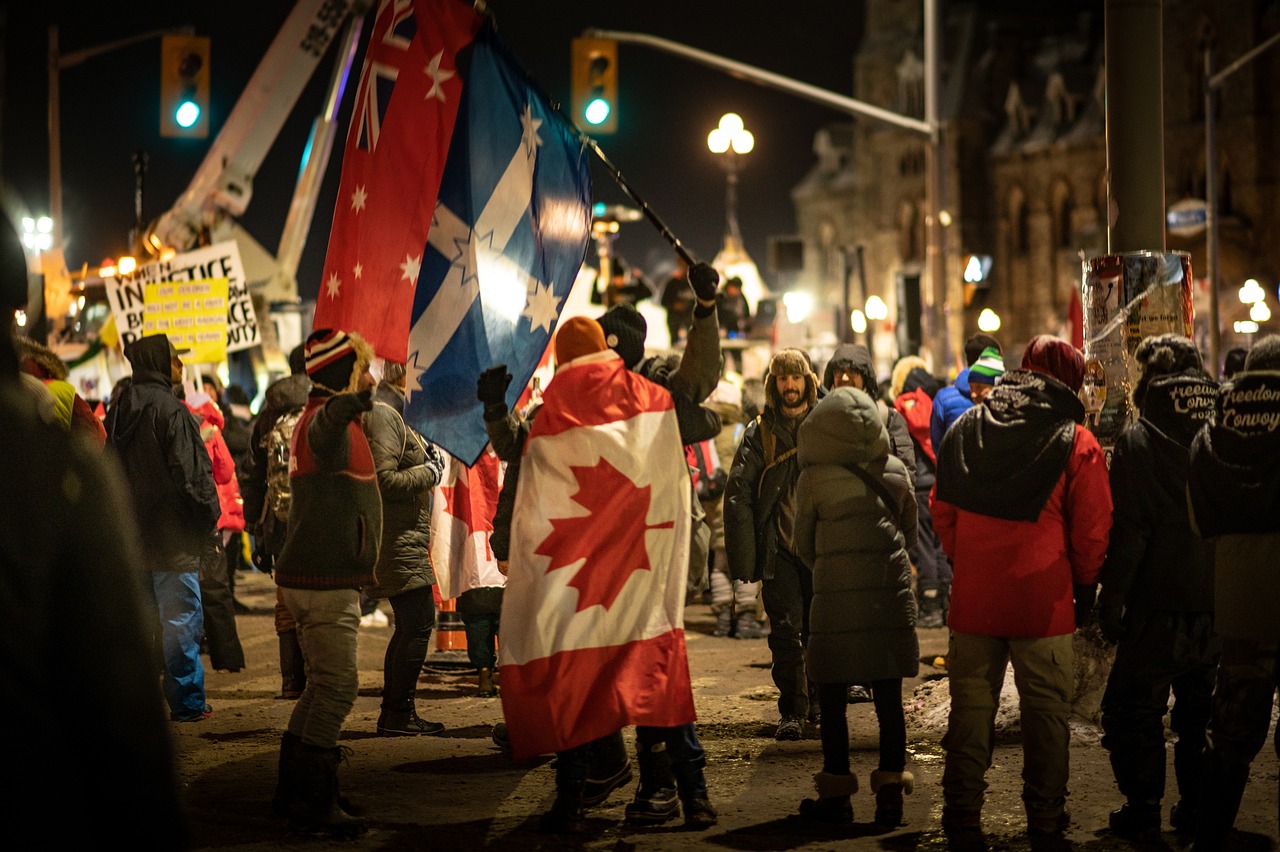Populism & Globalization
When Nationalism Speaks in the Language of the People
Populism and nationalism are often treated as distinct political powers. However, in the 21st century, López Alves argues, they have merged into a hybrid force: Populist Nationalism.
Key Arguments
-
Populism as a modern vehicle of nationalism
The author contends that contemporary populism is not merely political style or discourse, but nationalism reconfigured in response to globalization. Populism’s “people vs. elite” framing is infused with nationalist sentiment: the “people” are the authentic nation, the “others” are foreign powers, elites, or global institutions. -
Globalization as both driver and foil
In Latin America and elsewhere, globalization is seen not just as economic integration but as a threat to sovereignty and identity. Populist nationalism feeds on the dislocations, inequalities, and alienation caused by global forces. It claims to re-center the nation against supra-national elites and transnational capital.
-
Democracy’s paradox: inclusion through exclusion
Populist nationalism mobilizes previously marginalized groups, promising a direct connection between leader and “the people.” Yet it also rests on defining a boundary: who is part of the people and who isn’t. This boundary-setting can erode liberal democratic norms, concentrate power, and erode pluralism. -
Comparative reach
Although the extract focuses on Latin America, the logic applies globally. From Europe to the U.S., leaders adopt nationalist-populist narratives—portraying themselves as defenders of an embattled “real people” against elites, immigrants, foreign influence, global capital, and multilateral institutions.
Reflection & Implications
Populist nationalism is not simply an “illiberal backlash,” but may be understood as a contestation over sovereignty, identity, and economic order in a global era. It is not inherently destined to destroy democracy—but its internal logic often strains democratic checks and balances.
If we accept the framework López Alves offers, then scholars, policymakers, and citizens must pay attention not only to populist rhetoric but to the nationalist imaginaries it mobilizes, and how it reorganizes institutional power.
👉 Read or download the full extract here —
#Populism #Nationalism #Globalization #PoliticalScience #LatinAmerica #DemocraticTheory #GlobalStudies

